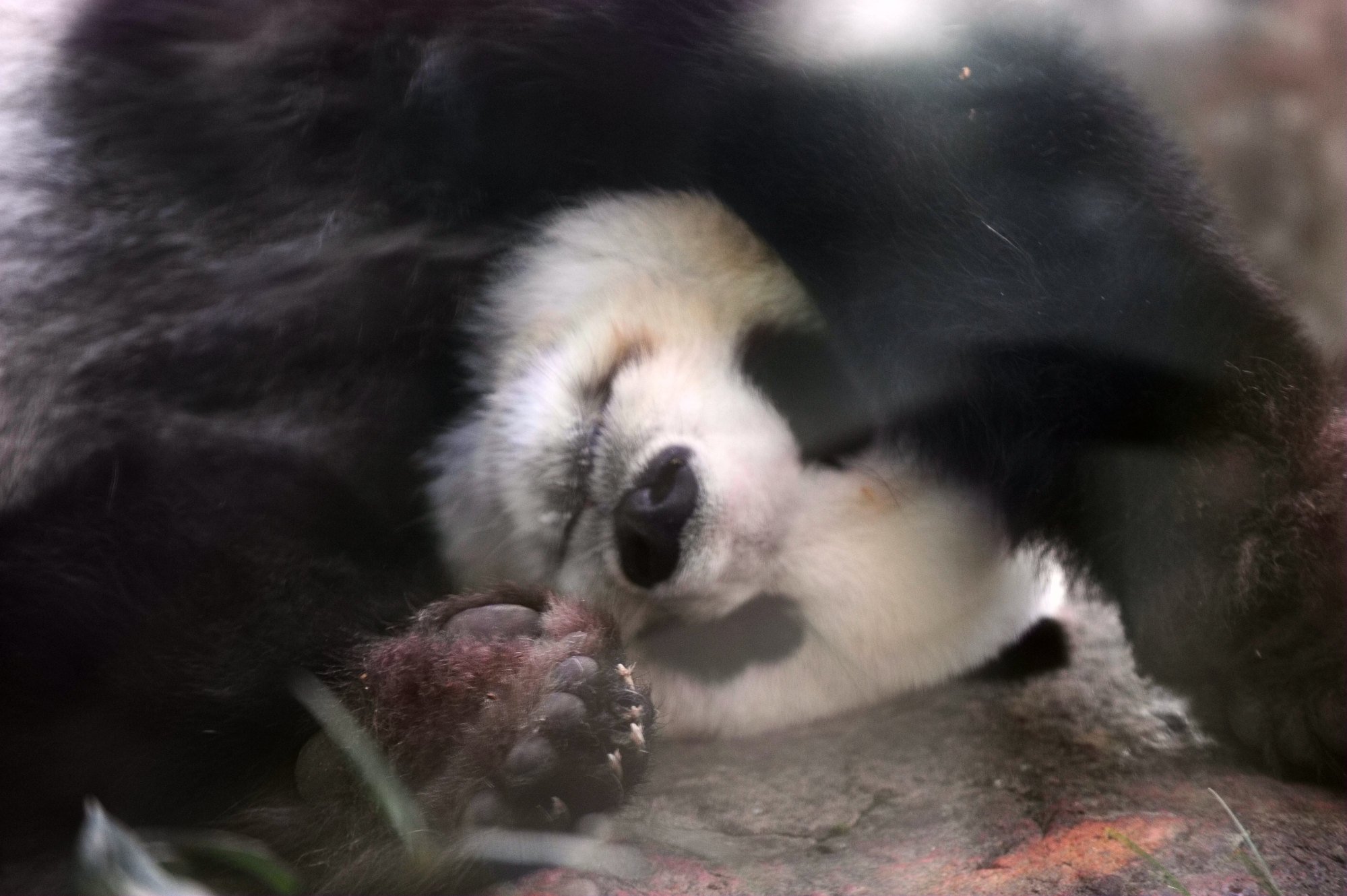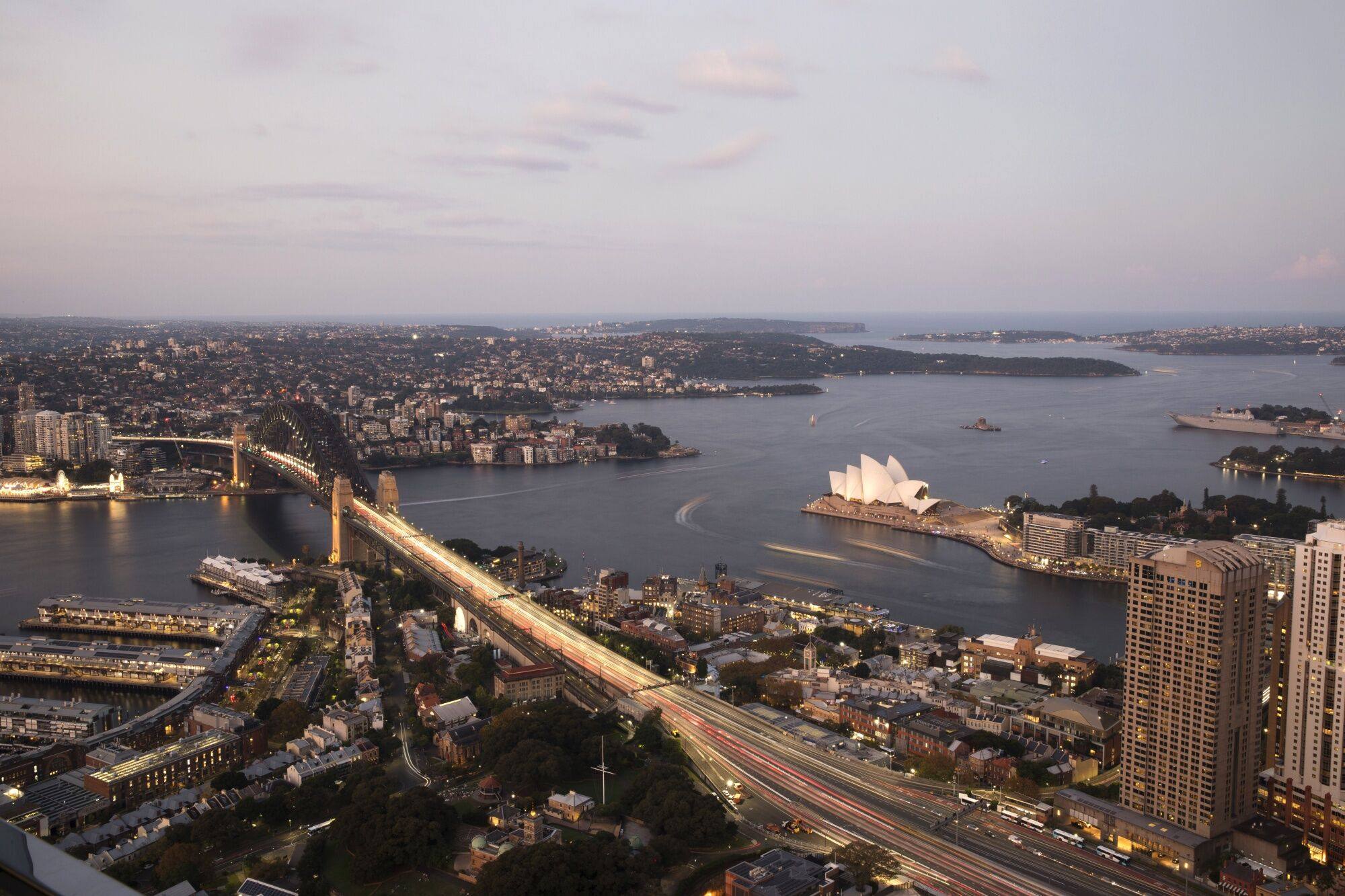Ahead of Chinese Premier Li Qiang’s historic visit to Australia this week, a new poll shows that despite Australians’ lingering wariness of the Chinese government, most recognise the importance of maintaining a robust relationship with China.
In a similar spirit, Australian Prime Minister Anthony Albanese said on Tuesday that the meeting with his Chinese counterpart would span discussions on panda diplomacy – in particular the continued loan of two animals to Adelaide Zoo – as well as the recent confrontation between their militaries.
Nearly three-quarters of Australians view China as a security threat, according to the annual ACRI/BIDA poll, which surveyed more than 2,000 people between April and May.
Just over half also raised concerns about foreign interference and investment from China. A similar percentage have expressed this view across the four-year history of the poll from the University of Technology Sydney’s Australia-China Relations Institute and Centre for Business Intelligence and Data Analytics.
But six in 10 also said they believed that Australia should continue to have strong ties with China, and could do so while maintaining a good relationship with the United States at the same time.
There is a persistent duality in public thinking on the Australia-China relationship
This “persistent duality in public thinking on the Australia-China relationship” has remained “even as anxieties about China get even more pronounced”, Elena Collinson, a research analysis manager at ACRI and one of the poll’s two authors, told This Week in Asia.
“This seems to point to a pragmatism in Australian public opinion, an acknowledgement that a working relationship remains preferable to no relationship and a recognition that some dimensions of the bilateral relationship continue to deliver gains for Australia.”
The poll also found a six-point jump in the percentage of Australians who believe the Australia-China relationship will improve over the next three years. However, around half still foresee a potential military conflict with China during that same time frame.
Li’s four-day visit this week will be the first by a Chinese premier since 2017. He is set to join a leaders’ meeting in Canberra, as well as visiting Adelaide and Perth.
It follows Albanese’s visit to Beijing and Shanghai last year, which led to the resumption of bilateral dialogue – thawing several years of frozen relations and trade conflicts.
At a press conference on Tuesday, Albanese said Canberra remained unchanged on its position not to ban TikTok and would “support the status quo when it comes to Taiwan” as he said it is “in the international community’s interests for that to occur”.
He said he would also highlight with Li the “inappropriate” incidents involving Australian military personnel near China, following up on a similar conversation Australian Defence Minister Richard Marles had with his Chinese counterpart Dong Jun at the Shangri-La Dialogue earlier this month.
Canberra accused China of “unsafe” behaviour after a Chinese fighter jet released flares in front of an Australian military helicopter over the Yellow Sea last month. The incident followed an earlier encounter between the two nations’ navies off the coast of Japan in November that left Australian military divers injured.

Panda politics, housing concerns
All eyes will also be on whether Wang Wang and Fu Ni – the only pandas in the southern hemisphere – continue their stay at Adelaide Zoo after a 15-year loan from the China Wildlife Conservation Association expires at the end of the year.
“Australia continues to pursue a stable and direct relationship with China, with dialogue at its core,” Albanese said on Tuesday. “My government is pro-panda. We like panda bears and so do, I reckon, Australians.”
Despite the professed love for China’s national animal, the ACRI-BIDA poll revealed resurgent Australian concerns about Chinese buyers driving up house prices – despite foreign investment data indicating a decline in buyers from the country.
Eight out of 10 respondents expressed this concern, just shy of the 82 per cent high recorded in 2021 when bilateral ties were at an all-time low.
Nearly three-quarters of survey respondents also said Chinese investors had negatively affected the rental market for residential property in Australia, a four-year high and six percentage-point increase from last year.

ACRI’s Collinson said these views can be traced to the “explicit” linking of housing problems to migration by the current party of government and the opposition.
Last month’s Australian federal budget was headlined by proposed solutions to address the country’s high cost of living pressures. Opposition leader Peter Dutton sought to rally domestic voter support by criticising the government’s immigration numbers and attributing housing shortages and road congestion to the influx of migrants.
“While migration is one contributing factor to the housing crisis in Australia, it is not the entire story,” Collinson said.
“Chinese investment into residential real estate has historically been an emotive issue, with the group for various reasons rendered a scapegoat.”
Research has shown that foreign residential investors can inject much-needed capital to kick-start new housing projects, thereby expanding the supply of homes. In Australia, foreign buyers are only permitted to purchase newly constructed properties.
But the rush of Chinese investors between 2012 and 2018 drew the ire of many Australians who were priced out of the market.
“Foreign investment into residential real estate generally has been an enduring cause for community concern, with country-agnostic, wholesale opposition being vocalised against it, but there does seem to be a particular sensitivity about Chinese investment specifically, at least in recent years,” Collinson said.
China’s premier is also set to visit New Zealand and Malaysia this week. Wellington said New Zealand Prime Minister Christopher Luxon would hold bilateral talks with Li on areas of cooperation such as agri-tech and education.



